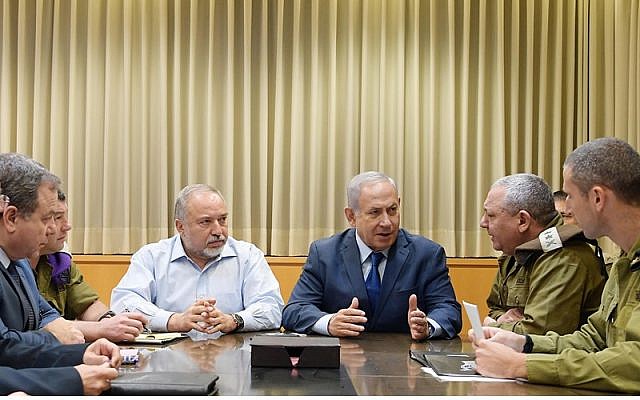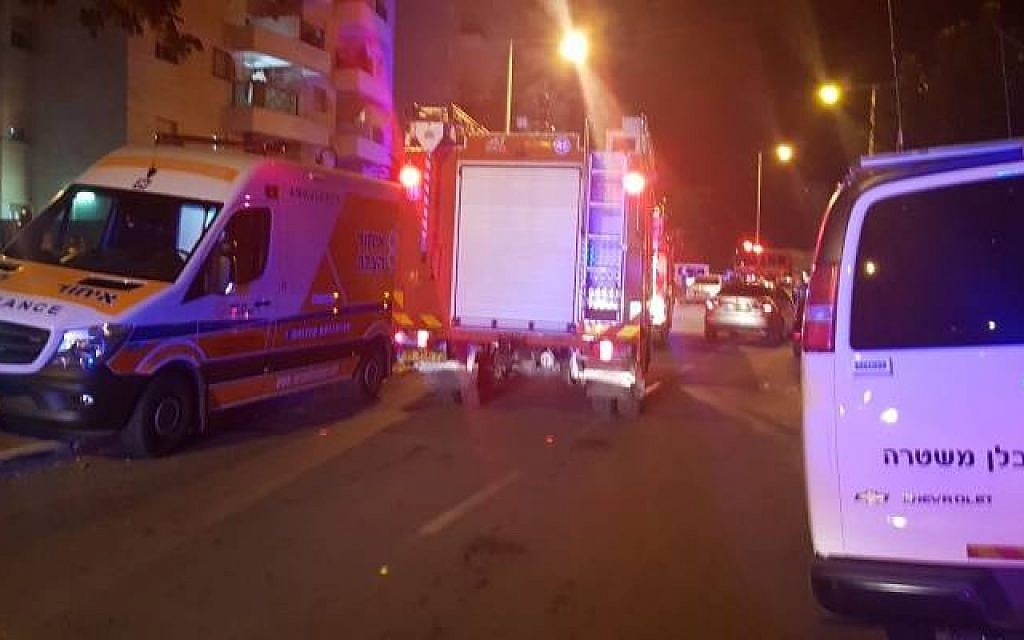Tension Continues Long After Rockets Cease
After two intense days of bombing between Israel and Palestinian terror groups, a ceasefire on Nov. 13 brought nearly as much discord as the Gaza conflict.

Unrest continues at the Gaza border as tension builds like rockets beaming through the night skies. After two intense days of bombing between Israel and Palestinian terror groups, a ceasefire on Nov. 13 brought nearly as much discord as the Gaza conflict.
Increased airstrikes between Gaza and Israel were perhaps the impetus for the most intensive fighting the area has seen since 2014. Ongoing feuds at the border have left more than 200 people dead since March.
Here is a review of recent events, starting with an uptick in late October:
On Oct. 26, an airstrike from Hamas hit Israel with no casualties. Israel said it held Hamas responsible “for all events transpiring in the Gaza Strip and emanating from it,” adding that Hamas would “bear the consequences for the terror it has waged against Israeli civilians,” according to CNN.
Three Palestinian teens approached the southern Gaza strip border on Oct. 28. Israel Defense Forces said the males, ages 13 to 14 years old, appeared to be planting explosives. IDF aircraft fired on the suspects, killing all three.
On Nov. 11, just after Prime Minister Benjamin Netanyahu announced his wish to reach an arrangement to avoid more fighting, undercover Israeli troops were discovered in Gaza. As a result, one Hamas commander, six Palestinian militants and an Israeli colonel were killed.
“The soldiers acted heroically, hit those who threatened them and extracted themselves to Israeli territory,” said IDF Spokesperson Brig. Gen. Ronen Manelis.
On Nov. 12, Palestinian militants set off the most intensive bombing since 2014. Israel retaliated with dozens of air strikes against Gaza buildings, including a Hamas intelligence compound and the Al-Aqsa TV studio. Four were killed: three Palestinian gunmen and one Israeli civilian.

Hamas launched upwards of 300 rockets across the border after carrying out a surprise guided-missile attack on a bus that wounded an Israeli soldier. Sirens erupted across southern Israel, driving residents to bomb shelters. Schools closed for the day.
Netanyahu returned early from France, where he was attending the centennial of Armistice Day with world leaders.
After more than 460 rockets blazed from the Gaza strip through Israel’s sky, a ceasefire went into effect on Nov. 13. Palestinian armed factions agreed to abide by the deal, brokered by Egypt, “as long as the Zionist enemy does the same,” The Jerusalem Post reported.
Israel’s security cabinet met for six hours, briefed by the IDF and security officials. The cabinet instructed the IDF to continue its operations as necessary, according to the Israel Ministry of Foreign Affairs.
Four Israeli ministers voiced opposition to a ceasefire. Protests broke out in Sderot, where residents want a more aggressive response from Israel.
On Nov. 15, Israeli Defense Minister Avigdor Liberman officially resigned, stating his resignation was to protest the ceasefire agreement.
Liberman tweeted: “Before all, thank you – commanders, soldiers and employees of the Ministry of Defense. I had the privilege and honor to be your defense minister. I strengthen the residents of the south, who for a long time show personal and civic courage. You are the true pioneers of our time. My heart and my hope with the families of the POWs and MIAs. I wish that we could fulfill the verse: ‘And the sons returned to their border.’”
Compiled by Logan C. Ritchie



comments